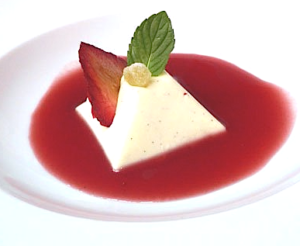With history dating back to the days of the Aztecs (when Tequila was called “pulque”) the most recognized spirit of Mexico is Tequila, and so we would like to share five major points everyone should know about Tequila compliments of Partida Tequila:
The word “Tequila” has a number of meanings. It is the name of a town in the state of Jalisco in central Mexico. Tequila is also the name of the region where the spirit is made. And of course, Tequila is an alcoholic beverage made from the blue agave plant, and is also considered the “national drink of Mexico.”
What is Tequila made from?
Tequila is made from the agave plant. Agave is part of the lily family, and can grow up to 15 feet tall. Because of its prickly texture, many people assume that an agave plant is a cactus, but that’s not the case at all. And most importantly, the blue agave plant is the source of premium Tequila.
What is the difference between Tequila and Mezcal?
Tequila is a type of Mezcal made in the Tequila region of Mexico with strict production designations specific to the region.
What’s the story with the worm?
Some Tequila and Mezcal producers began inserting a worm into the bottle as a marketing gimmick. However, quality Tequilas have always been worm-free!
What are the different types of Tequila?
There are multiple types of Tequila with different aging which generally takes place in wood barrels. These are typically referred to as “marques.” Different brands usually have the following:
- Blanco (sometimes called Plata or Silver) which means un-aged
- Reposado which is aged between 2 and 11 months
- Añejo, which is aged for at least one year.
- Extra Añejo Tequila, Some, but not all brands have “extra anejo” which is aged at least three years.



